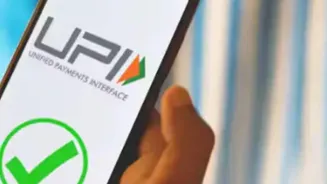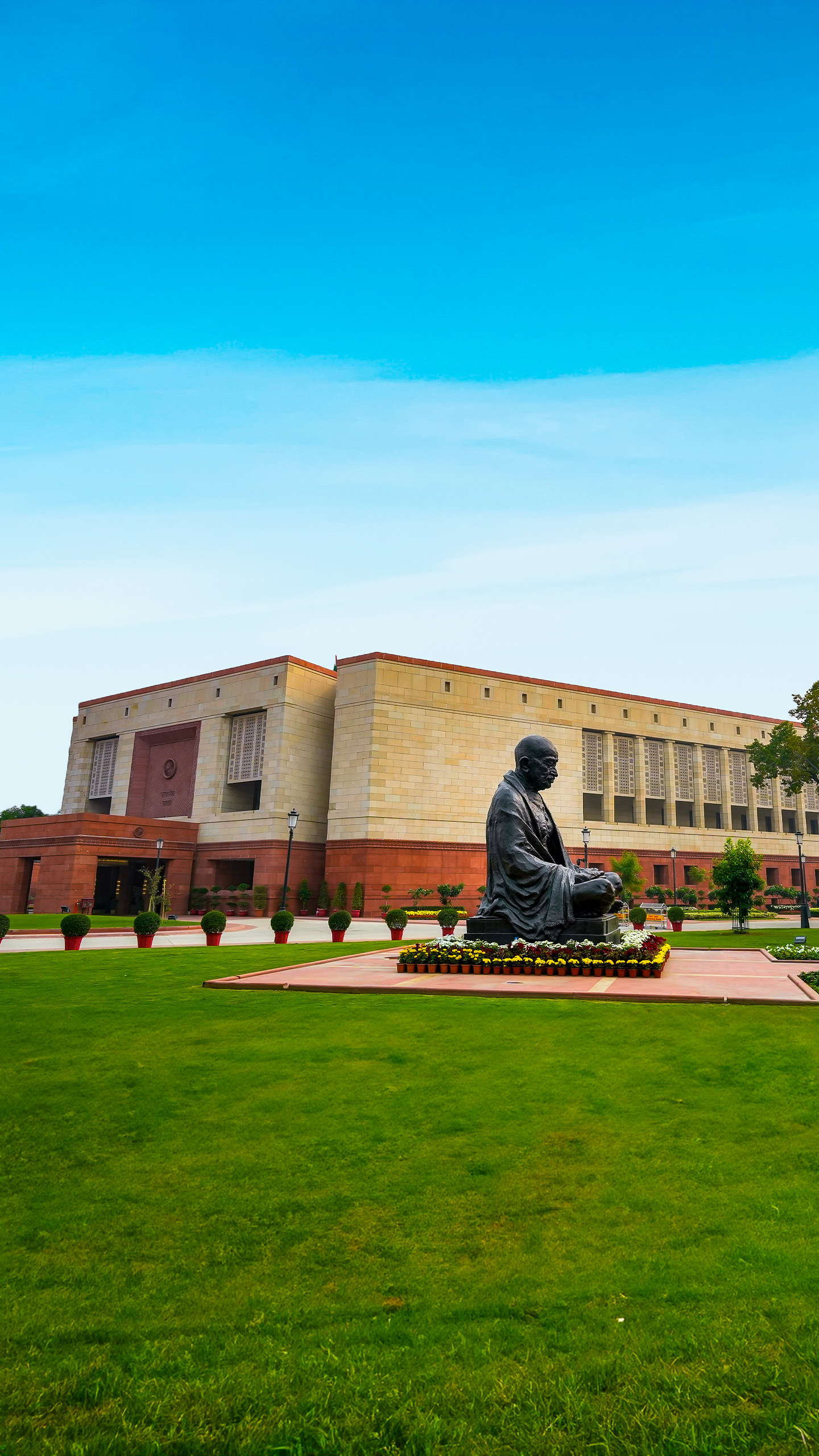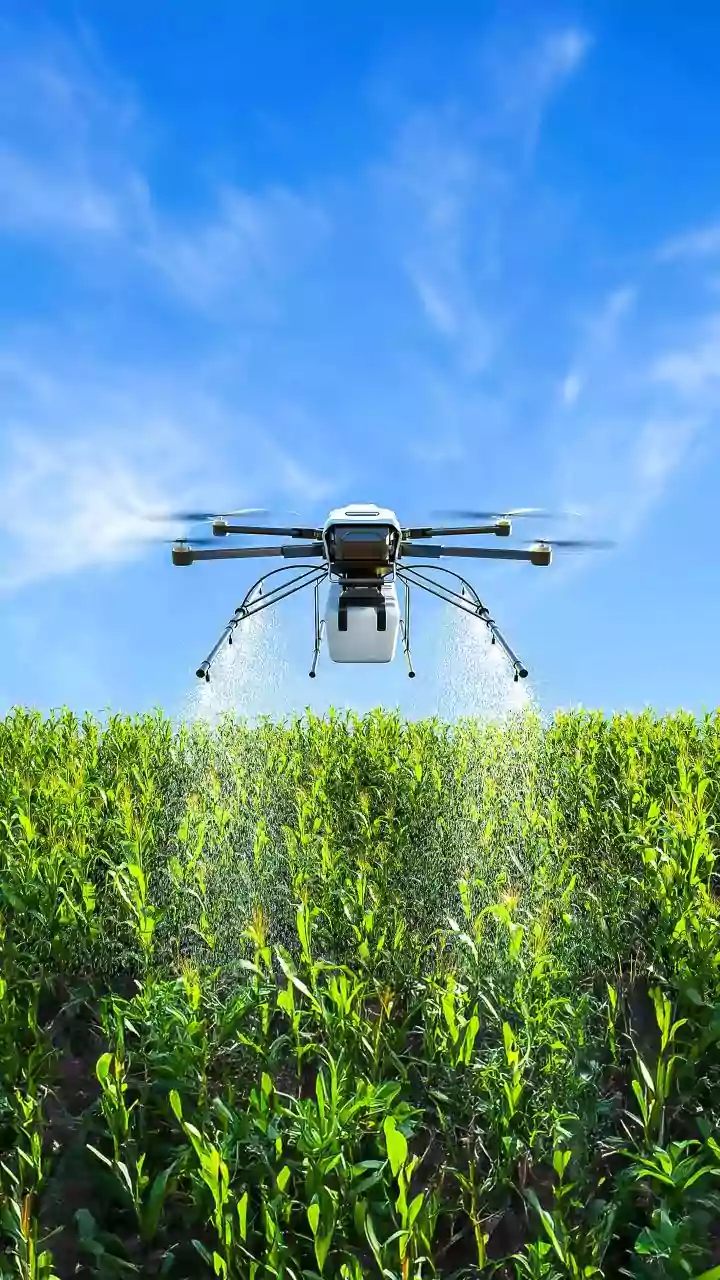Millions of UPI users will soon have to adapt to a major change in how they send and receive money. The National Payments Corporation of India (NPCI) has announced that, starting October 1, 2025, the Person-to-Person
(P2P) “collect request” feature will be permanently discontinued.
The move, detailed in an official circular issued on July 29, is aimed at strengthening transaction security and shutting down a popular avenue for fraud. The feature, also known as a “pull transaction”, allowed users to request money from others via UPI, often used for splitting bills or reminding friends to repay loans.
However, cybercriminals increasingly exploited it by sending fraudulent payment requests under false pretenses, tricking unsuspecting users into approving them. Once accepted, the funds were instantly transferred to the fraudster.
NPCI had earlier tried to limit such scams by capping transaction values at Rs 2,000. While the cap reduced cases, authorities say the complete removal of the feature will better protect users. Going forward, UPI payments will require the sender to either scan a QR code or select a contact, enter the amount, and authenticate with a UPI PIN.
NPCI clarified that the change applies only to P2P collect requests and will not impact payments to merchants. Platforms like Amazon, Flipkart, Swiggy, Zomato, and IRCTC can continue to use collect requests at checkout. These transactions are considered safe, as they require explicit user approval along with UPI PIN entry before money changes hands.
After October 1, banks and UPI apps will be barred from initiating, routing, or processing any P2P collect requests, marking the end of a feature that once made UPI more flexible but increasingly risky in the age of online fraud.






















